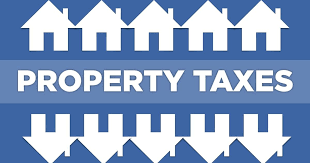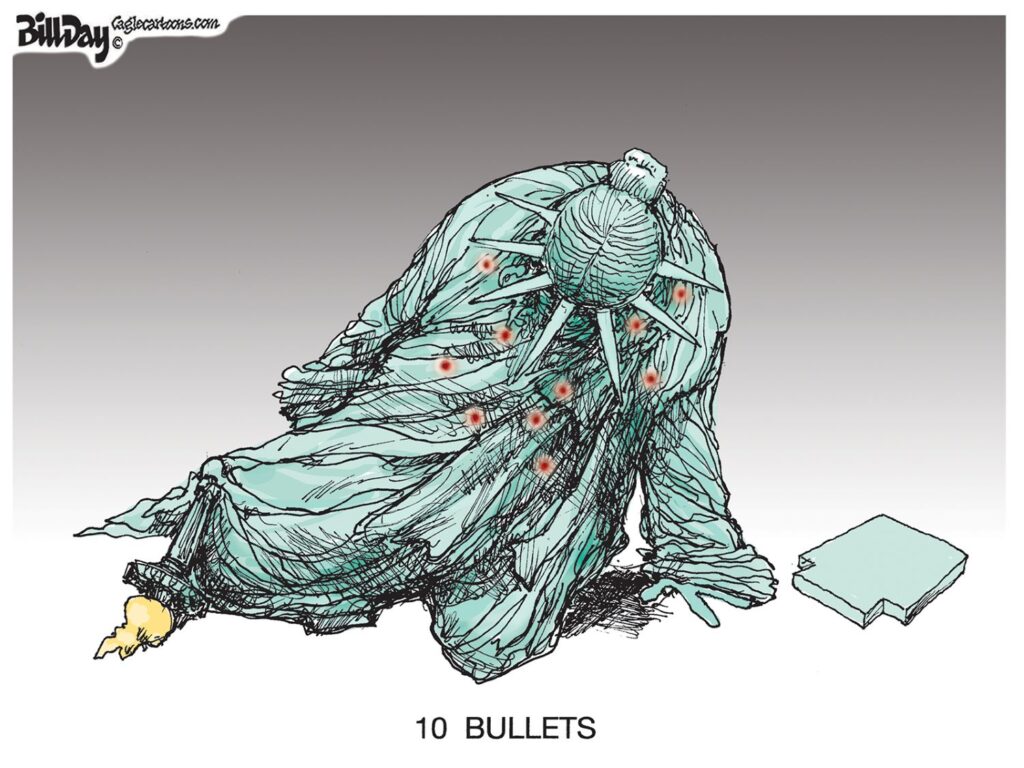The certified tax state law, the so-called “truth in taxation” law, mandates that local governments cannot automatically receive more revenues as a result of reappraisal.
It is archaic and punitive.
It is past time for it to be repealed.
Present state law requires that following reappraisal, a new and lower tax rate – called the certified tax rate – is set so that local government cannot have more property tax revenues in a new fiscal year that it had in the last one.
To get an increase in property tax revenues, local government has to acknowledge the certified rate before it can approve a higher one. As Memphis Mayor Paul Young and Shelby County Lee Harris have shown, not every elected leader has the political courage to pursue a tax increase despite underfunded public services and obvious public need and instead simply defaults to treat the certified tax as the new tax rate.
That doesn’t include almost every mayor of the smaller municipalities in Shelby County. There, the mayor and legislative bodies are investing in the future of their cities with a tax rate higher than the certified tax rate.
The Austerity Trap: A Tale of Two Tax Policies in Shelby County
Every local government in Shelby County has now received a new “certified” tax property tax rate required by law.
The conventional talking point is that the law prevents local government from having a “windfall” in new revenues. Mr. Harris rejects the term, windfall, in a typical lawyerly way: it’s not written into state law.
That doesn’t mean that the term has not been used often in state and local government venues over the years, but he is right that it is not used in the law.
The county mayor also abhors the “truth in taxation” description of the certified tax law for the same reason: that term Is not in the state law either; however, the Tennessee Board of Equalization website does in fact state that the “certified tax process” is designed to guarantee “truth-in-taxation.”
The Fatal Flaw
Here’s the big flaw with the state certified tax law: it is punishing to local governments by preventing them from benefiting from the property value increases they helped to create, keeping in mind that property tax revenues are the largest source of local taxes for Memphis and Shelby County governments.
Ultimately, the fundamental question never raised by politicians who fear being tarred as tax and spend officials goes unasked: why should local government not receive the benefit of the growth of its property tax revenues?
As Cardell Orrin astutely wrote in his post here last week: “This ‘certified tax rate’ law, while sounding neutral, effectively forces local governments into a revenue-flat position that doesn’t even allow for inflation or the rising costs of providing services. It’s a formula for keeping government small and underfunded, especially in communities with the greatest needs.”
For many years, to Leadership Memphis class after Leadership Memphis class, Marlin Mosby, former City of Memphis chief financial officer and later managing partner for financial advisory firm Public Financial Management, made this same point.
Through detailed financial charts and graphs, he offered convincing evidence that Memphis and Shelby County governments’ revenues always lagged behind inflation and public need because of the punishing, ill-advised certified tax law of the state legislature.
In other words, local governments are in a perpetual game of catch-up.
Tax Rates Lower, Tax Bills Likely Higher
In its way, the certified tax law’s passage by the state legislature about 46 years was a forerunner to state government’s interference in all things Memphis now.
State officials have now watched for decades through generations of budget cycles how local governments struggle to compensate for inflation and increased costs, all while voters demand more and better services.
The illogic of the current law seems inarguable, while, at the same time, it’s no coincidence that state officials never apply the same legal yardstick to themselves.
Just once could it be possible for the Tennessee Legislature to do what’s right. Unlikely.
**
These commentaries are also posted on the Smart City Memphis Facebook page and on Instagram along with occasional articles, reports, and commentaries that are relevant to Memphis.




